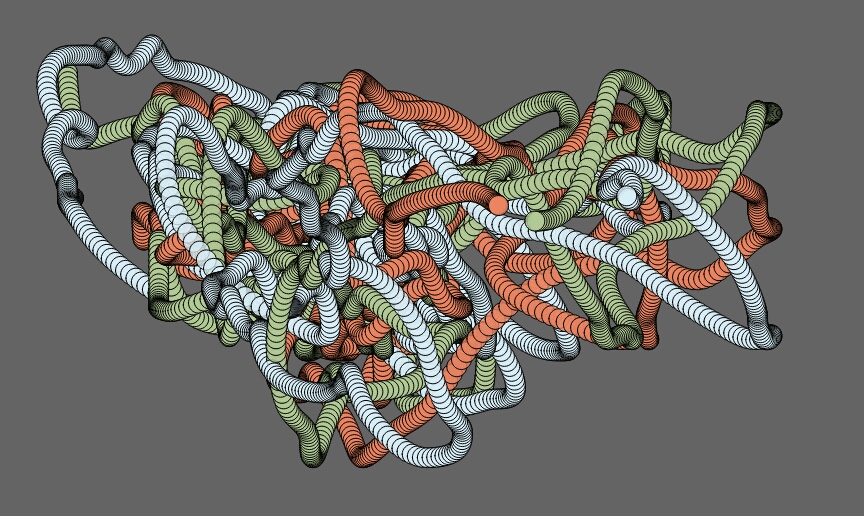It should be about common formats and protocols and a solid, well-defined collection of tools that can work with those.
Month: September 2017
Rather than trying to have an all-in-one open-source evernote (or whatever) replacement, have a series of interchangeable tools that can be mixed and matched to individuals’ needs. There’s certain common things (editing, sync, versioning, access points, etc) that could be reused over and over without each indieware app having to reinvent the wheel.
Case in point: I’ve cobbled together a Rube Goldbergian setup that replaces Evernote/todo-list style systems for me. org-mode provides the todo management and notetaking, syncthing provides the availability on multi-devices, orgzly provides the phone apps, txt provides the file format, git provides version control, a server with postfix provides forwarding emails to capture them as notes.
Been thinking more and more lately about ‘indieware’ – replacement apps for popular apps that are in some way non-free – silos, monocultures, etc. And how, similar to what Stallman did with Unix in the 80s, we should create replacements for all of these. Rewrite the bread and butter apps of the web. But also adopting the Unix philosophy – not just rewriting monoliths, but piecing together small interchangeable utilities. We have most of the plumbing already, we just need to glue it together.
Feeling very inspired by the vision laid out in this article. Open cooperatives, global commons, global counter-economy.
“Cooperativism in the digital era, or how to form a global counter-economy”
https://www.opendemocracy.net/digitaliberties/michel-bauwens-vasilis-kostakis/cooperativism-in-digital-era-or-how-to-form-global-counter-economy
Interesting discussion with David Harvey on Marxism as primarily a means of analysis of capital, and what kind of role a state could play in alternate forms of government. https://youtu.be/EL7zEVhPHQU
The main reasons for the pro-Uber argument seem to be the loss of ’employment’ for some of its drivers, and the convenience, affordability, and (debatable) safety for passengers. So people are really arguing for jobs and good public transport. Is Uber the best avenue for that? I don’t think so. They run at a huge loss in order to dominate the market, and once that happens prices will go up, and eventually jobs will go. https://www.theguardian.com/technology/2017/sep/23/uber-transport-for-london-tfl-drivers-hardship-sadiq-khan-supports-ban
“With the welfare state, most of these commons were state-ified, i.e. managed by the state, and no longer by the commoners themselves. […] Today, with the crisis of the welfare state, we see the re-development of new grassroots solidarity systems, which we could call ‘commonfare’, and the neoliberalisation and bureaucratisation of the welfare systems may well call for a re-commonification of welfare systems, based on public-commons partnerships.” http://commonstransition.org/history-evolution-commons/
Having fun making animations with perlin noise in p5js – so cool – https://www.openprocessing.org/sketch/450418

Is there something on Android that allows me to copy/insert macros? e.g. If I want to insert (or just copy to clipboard) the current date/time in a particular format.
